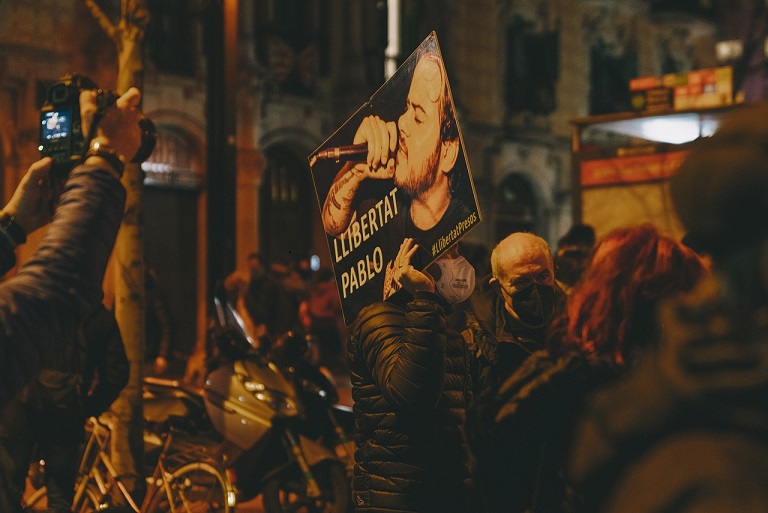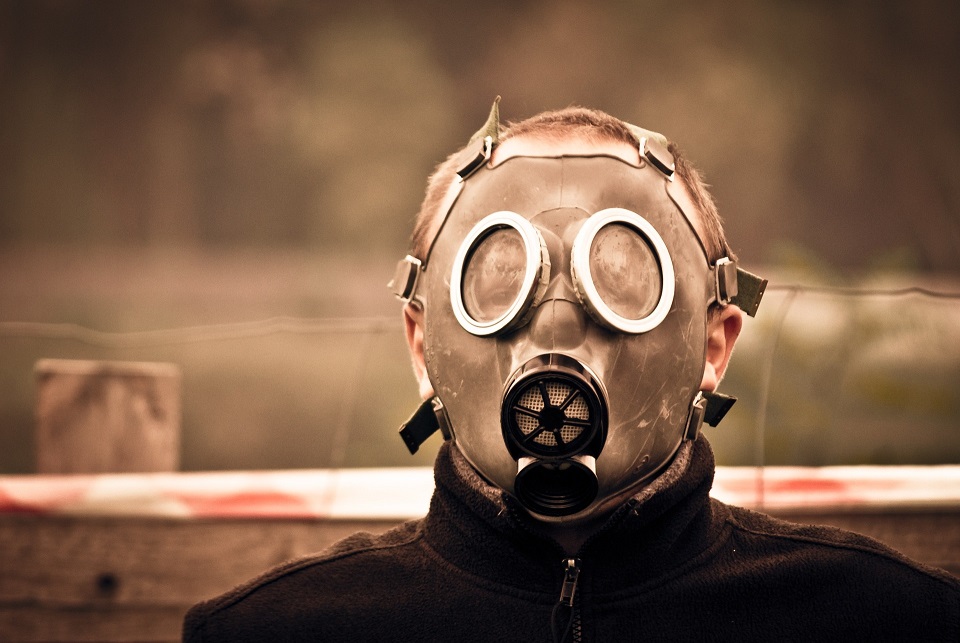The Palestinian question and the war in Ukraine show the extent to which a new order is taking shape on the planet. The international institutions that were supposed to be guarantors of peace and harmony among nations are showing that either they no longer make sense or that they should be restructured in a way that prevents the hegemony of rich countries.
 Juan Diego García
Juan Diego García
In many respects, the current international panorama continues to be characterised by the same factors that were present throughout the last century, namely the fierce competition among the capitalist system’s central countries to control the markets, raw materials and communications routes which ensure the normal development of their business.
The solemn declarations of universal peace and prosperity made by the powers after the two world wars have turned out to be empty promises. Their goal has always been to ensure their economic capability and the military force that backs them, along with other smaller factors that underpin the more or less stable alliances among them. Of course, it has also been to have effective control of the periphery nations which are basically suppliers of raw materials that are exhausted or non-existent in the metropolises.
The periphery countries, as well as providing cheap labour, play a crucial role in the struggle between the powers in war scenarios, preventing them having a direct conflict.
Wars in the periphery are used to avoid the risk of direct conflicts between the powers.
 The massive destructive power of modern weapons (atomic weapons, in particular) has created a certain balance that seems more or less stable, although certain advances could lead to a third world war.
The massive destructive power of modern weapons (atomic weapons, in particular) has created a certain balance that seems more or less stable, although certain advances could lead to a third world war.
Such is the case of reduced impact atomic weapons, the use of chemical weapons that are currently banned but of which the big powers keep apparently large stocks, the use of lethal impact bacteria and viruses that could destroy entire populations and new information technology that could bring down universal communication. There are already those who compete for world hegemony in these weapons. The metropolises’ true intentions are not directly declared but always camouflaged in the narrative of the struggle for freedom, democracy and progress.
However, in the current international panorama and given the scale of the capitalist system’s deep crisis, these “humanist” proclamations are giving way to others, the same ones that in the past served to justify atrocious crimes: apartheid in South Africa based on the need to protect “the superior white race”; the criminal “colonisation” of Palestine justified as the supposed gift from God to the Jewish people that legalises the extermination of Palestinians, and the practices of big businesses that uproot and massacre the original peoples, as happens now in Latin America.
 At the time of writing these lines, in addition to the Gaza genocide, so-called Jewish “settlers” are harassing and terrorising the Palestinian inhabitants of the West Bank in order to take ownership of their land, a similar practice to the one employed by large multinationals against the Mapuche people in Chile and Argentina, and in Colombia, Brazil, Honduras and Guatemala.
At the time of writing these lines, in addition to the Gaza genocide, so-called Jewish “settlers” are harassing and terrorising the Palestinian inhabitants of the West Bank in order to take ownership of their land, a similar practice to the one employed by large multinationals against the Mapuche people in Chile and Argentina, and in Colombia, Brazil, Honduras and Guatemala.
The positive factor is that metropolitan countries’ public opinion is increasingly opposed to these criminal practices which are new forms of colonialism. In this context, the neo-liberal model’s crisis has reached such limits (it doesn’t just affect the economy now but also politics and social organisation and it even has a head-on impact on the very values of the bourgeois system) that big capital finds itself tempted, in some cases, to recreate some aspects of the welfare state to calm the discontent.
There is no lack of voices that see no alternative other than reviving the system’s most extreme forms, giving new birth to the fascism that is growing in Europe and the United States and finding fertile ground among the creole oligarchies.
 The obvious neo-colonial purpose of current wars and the ever-clearer advance towards a new world order that overcomes traditional hegemonic forms allows progressive and nationalist-inspired forces around the world of the periphery to gain negotiating space with the metropolises.
The obvious neo-colonial purpose of current wars and the ever-clearer advance towards a new world order that overcomes traditional hegemonic forms allows progressive and nationalist-inspired forces around the world of the periphery to gain negotiating space with the metropolises.
The Palestinian question and the war in Ukraine show the extent to which a new order is taking shape on the planet.
The international institutions that were supposed to be guarantors of peace and harmony among nations are showing in an increasingly palpable way that either they no longer make sense (the Organisation of American States in Latin America, for example) or that they should be restructured in a way that prevents the hegemony of rich countries (the UN and others like the IMF, the World Bank and the WTO, which are meant to be bodies representing the whole of humanity but are just instruments of the big powers). The question is: will this new order be born – like before – from another world war? Or, conversely: will citizen pressure prevail to design a new order where conflicts can be resolved in a civilised manner?
(Translated by Philip Walker – Email: philipwalkertranslation@gmail.com) – Photos: Pixabay)












.jpg)












